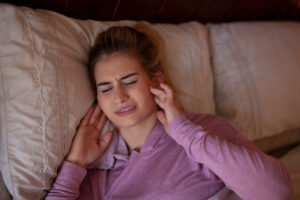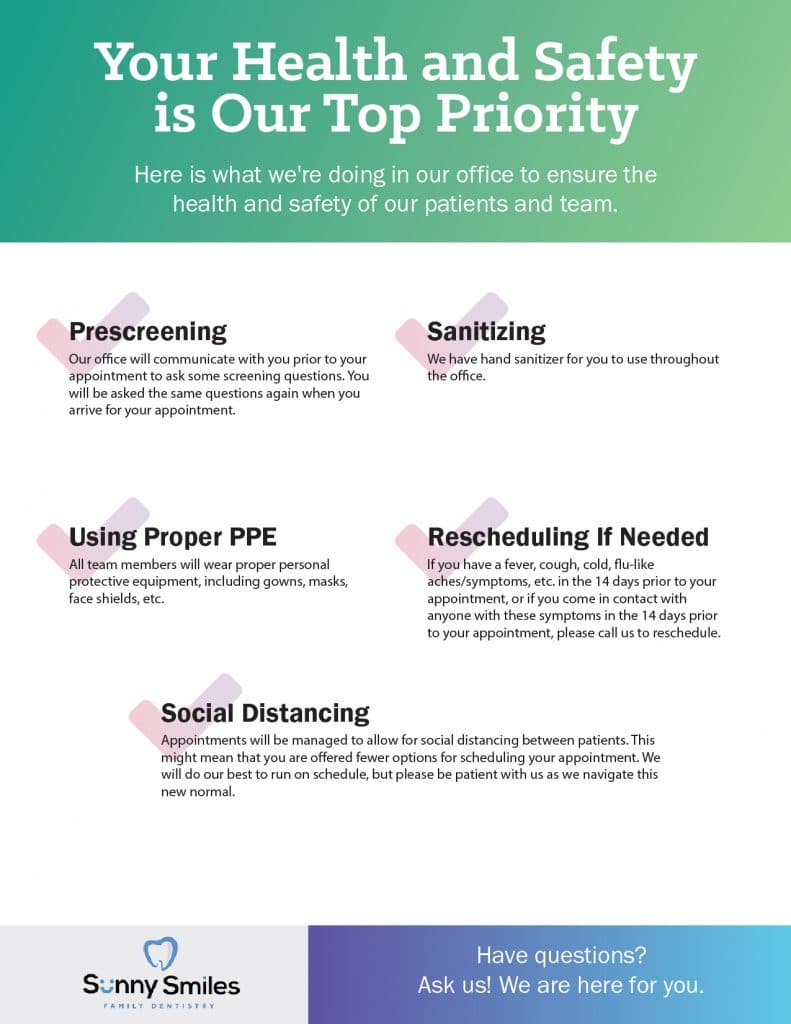 Bruxism, commonly known as teeth grinding or clenching, is a prevalent but often overlooked dental issue that can have significant consequences on oral health. It is characterized by the involuntary grinding or clenching of teeth, often occurring during sleep but also manifesting during waking hours. While occasional teeth grinding may not pose a severe threat, chronic bruxism can lead to various complications, including tooth damage, jaw disorders, and headaches. In this comprehensive guide, your dental clinic in El Paso, TX will explore the causes, effects, and potential solutions for bruxism, shedding light on this condition that affects both adults and children alike.
Bruxism, commonly known as teeth grinding or clenching, is a prevalent but often overlooked dental issue that can have significant consequences on oral health. It is characterized by the involuntary grinding or clenching of teeth, often occurring during sleep but also manifesting during waking hours. While occasional teeth grinding may not pose a severe threat, chronic bruxism can lead to various complications, including tooth damage, jaw disorders, and headaches. In this comprehensive guide, your dental clinic in El Paso, TX will explore the causes, effects, and potential solutions for bruxism, shedding light on this condition that affects both adults and children alike.
Causes of Bruxism
Understanding the root causes of bruxism is essential for effective management. Stress and anxiety are primary contributors, prompting individuals to clench their jaws or grind their teeth as a subconscious response. Sleep disorders, such as sleep apnea, and lifestyle factors like excessive caffeine intake or alcohol consumption can also exacerbate teeth grinding.
Effects on Oral Health
Grinding your teeth can wreak havoc on oral health, causing wear and tear on tooth enamel, tooth sensitivity, and an increased risk of fractures. The constant pressure on the jaw joints may lead to temporomandibular joint (TMJ) disorders, resulting in jaw pain, headaches, and difficulty opening or closing the mouth. Additionally, bruxism can contribute to the development of gum recession and even tooth loss if left unaddressed.
Recognizing the Signs
Identifying the signs of bruxism is crucial for early intervention. Common indicators include waking up with jaw pain or headaches, noticeable tooth wear, and complaints from a sleep partner about grinding noises during the night. Regular dental check-ups can aid in detecting signs of bruxism, allowing for timely intervention before more severe complications arise.
Treatment Strategies
Addressing bruxism involves a multi-faceted approach tailored to the individual’s specific situation. Dental interventions such as custom-fitted night guards can help protect teeth from grinding during sleep. Stress management techniques, lifestyle adjustments, and relaxation exercises can target the psychological contributors to bruxism. In severe cases, dental correction may be necessary to reshape the biting surfaces of teeth.
Teeth Grinding Can Be a Big Deal
In conclusion, understanding chronic teeth grinding is key for safeguarding your oral health and overall well-being. Whether stress-induced or related to underlying sleep disorders, recognizing the signs of bruxism and seeking appropriate interventions are essential steps. From dental solutions like night guards to lifestyle adjustments, addressing grinding teeth proactively can preserve your smile and prevent the potential complications associated with this common dental concern. If you suspect you or a loved one may be experiencing bruxism, schedule an appointment for a personalized assessment and tailored recommendations.




